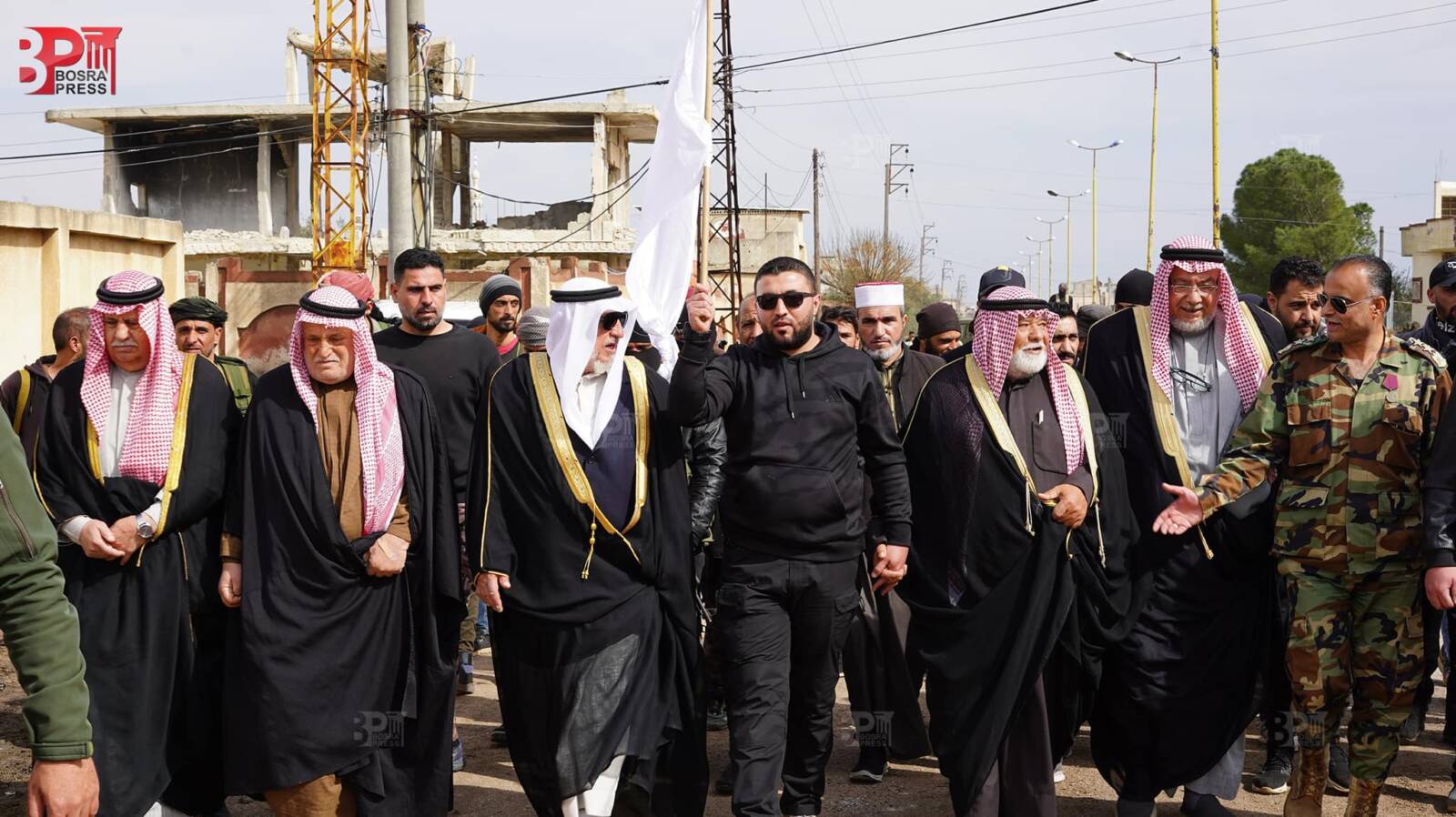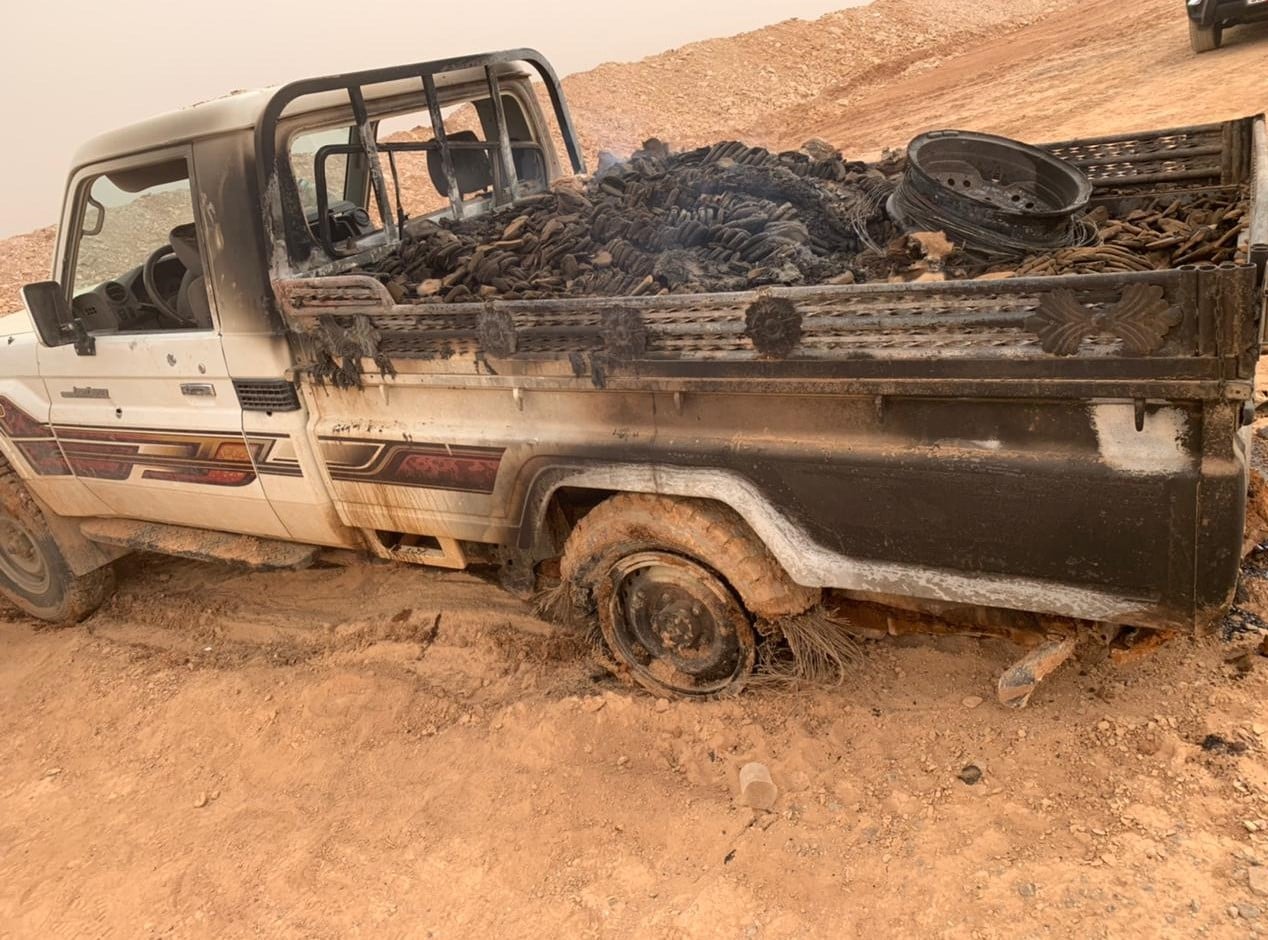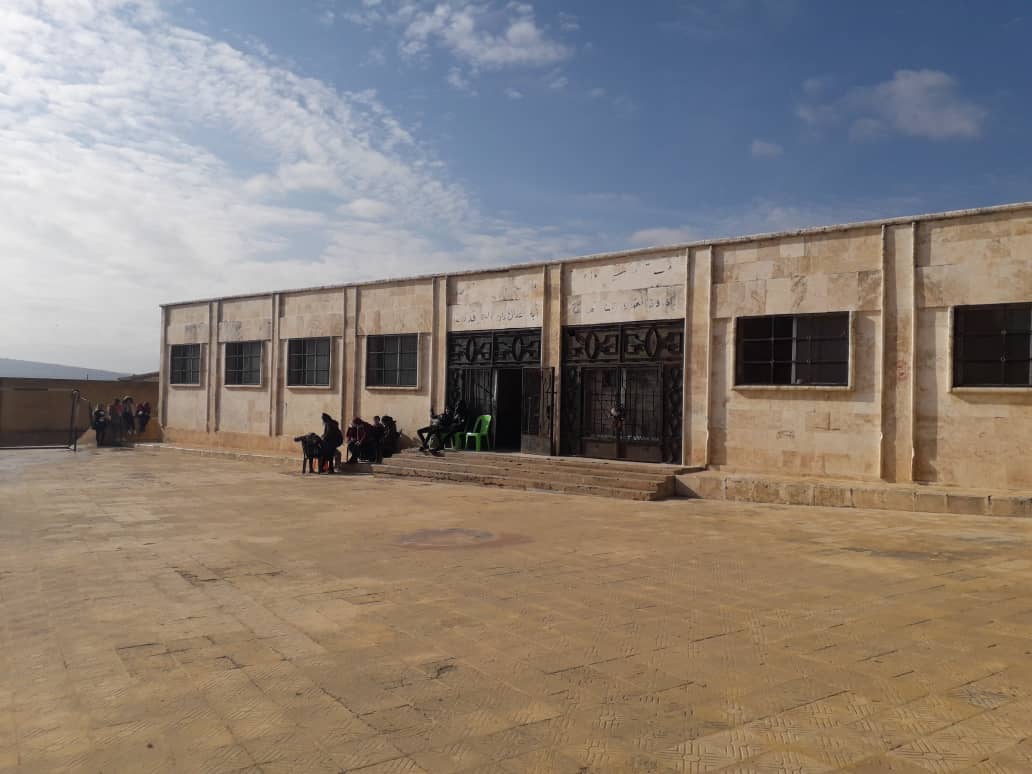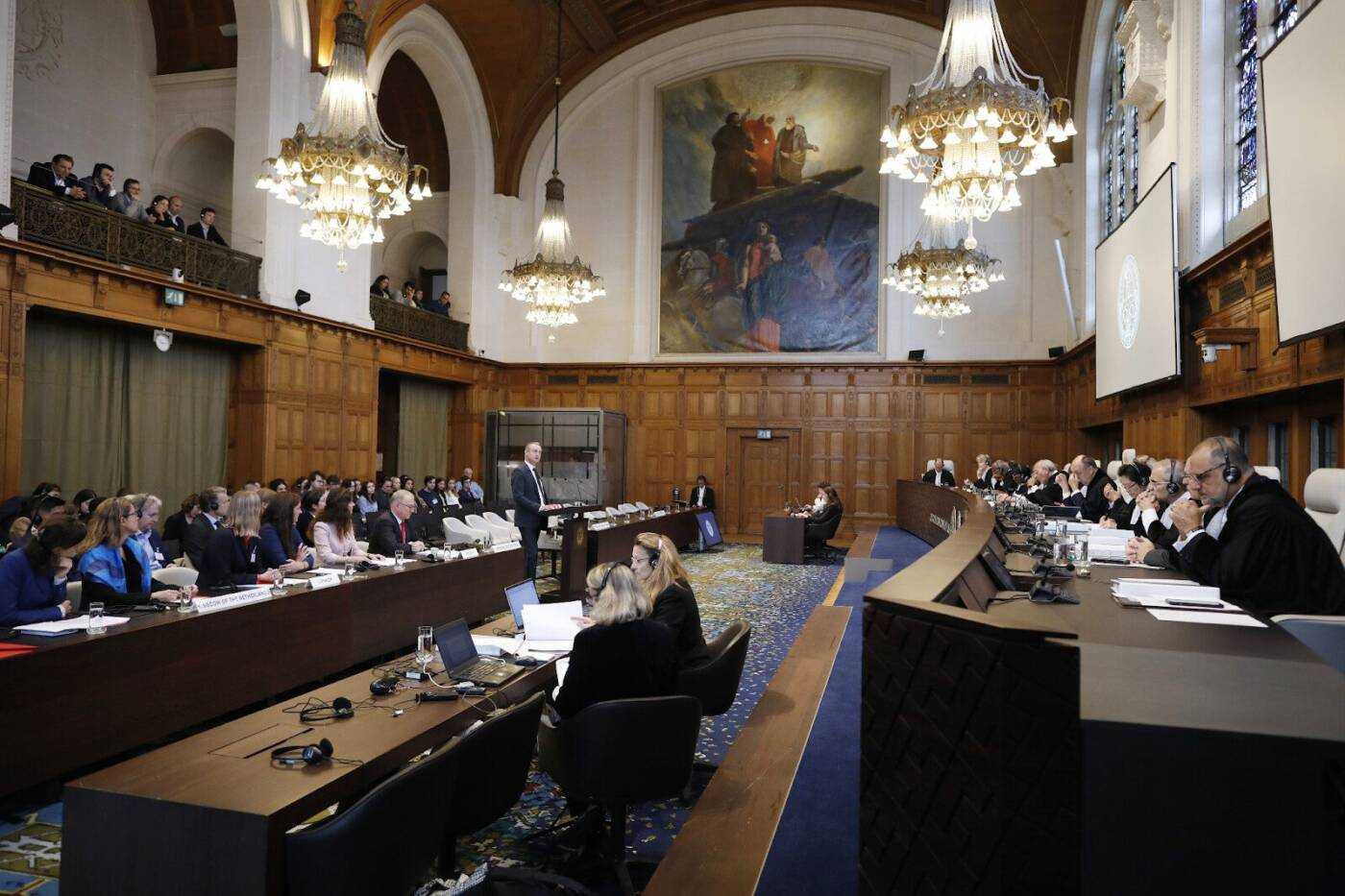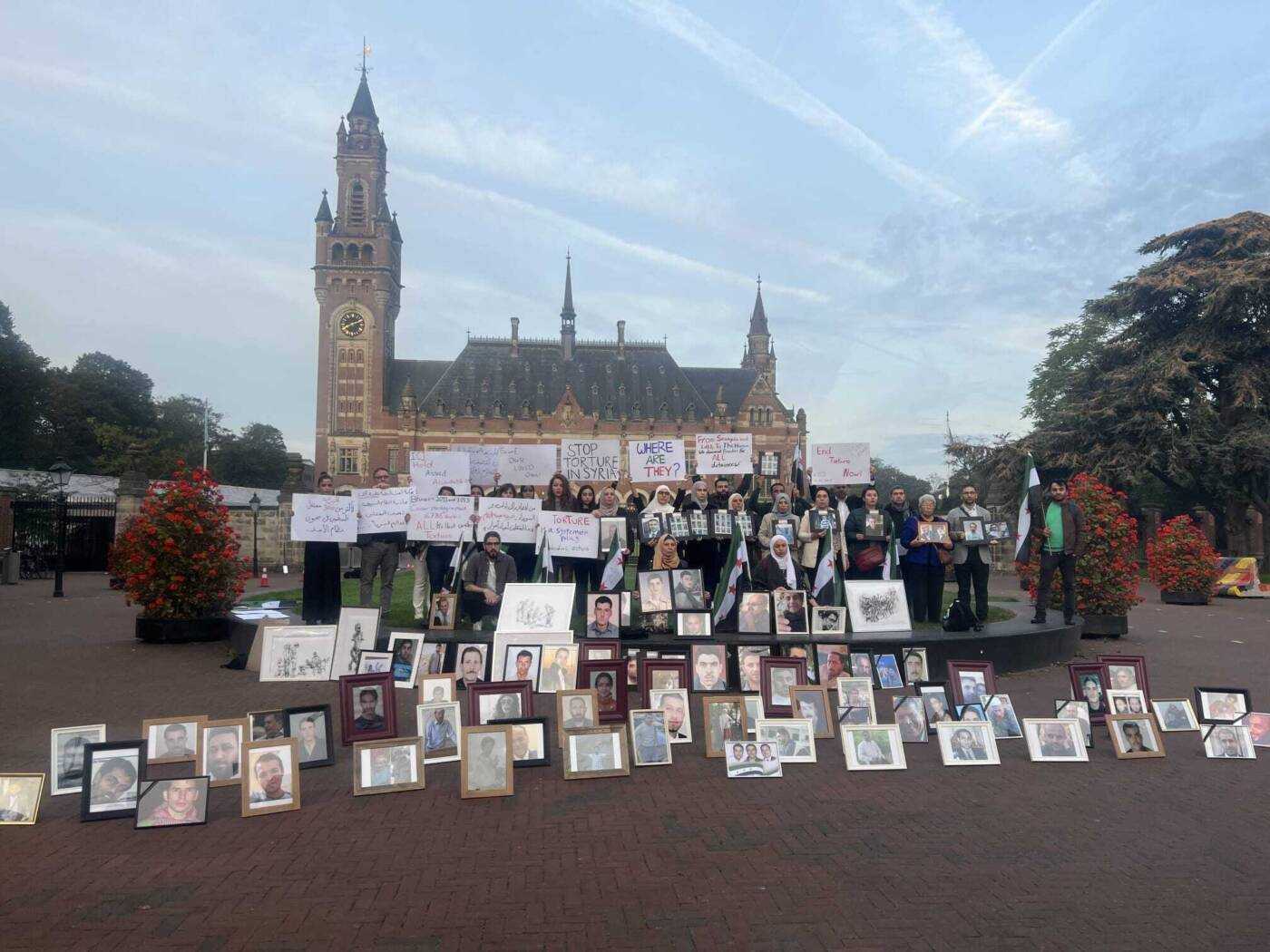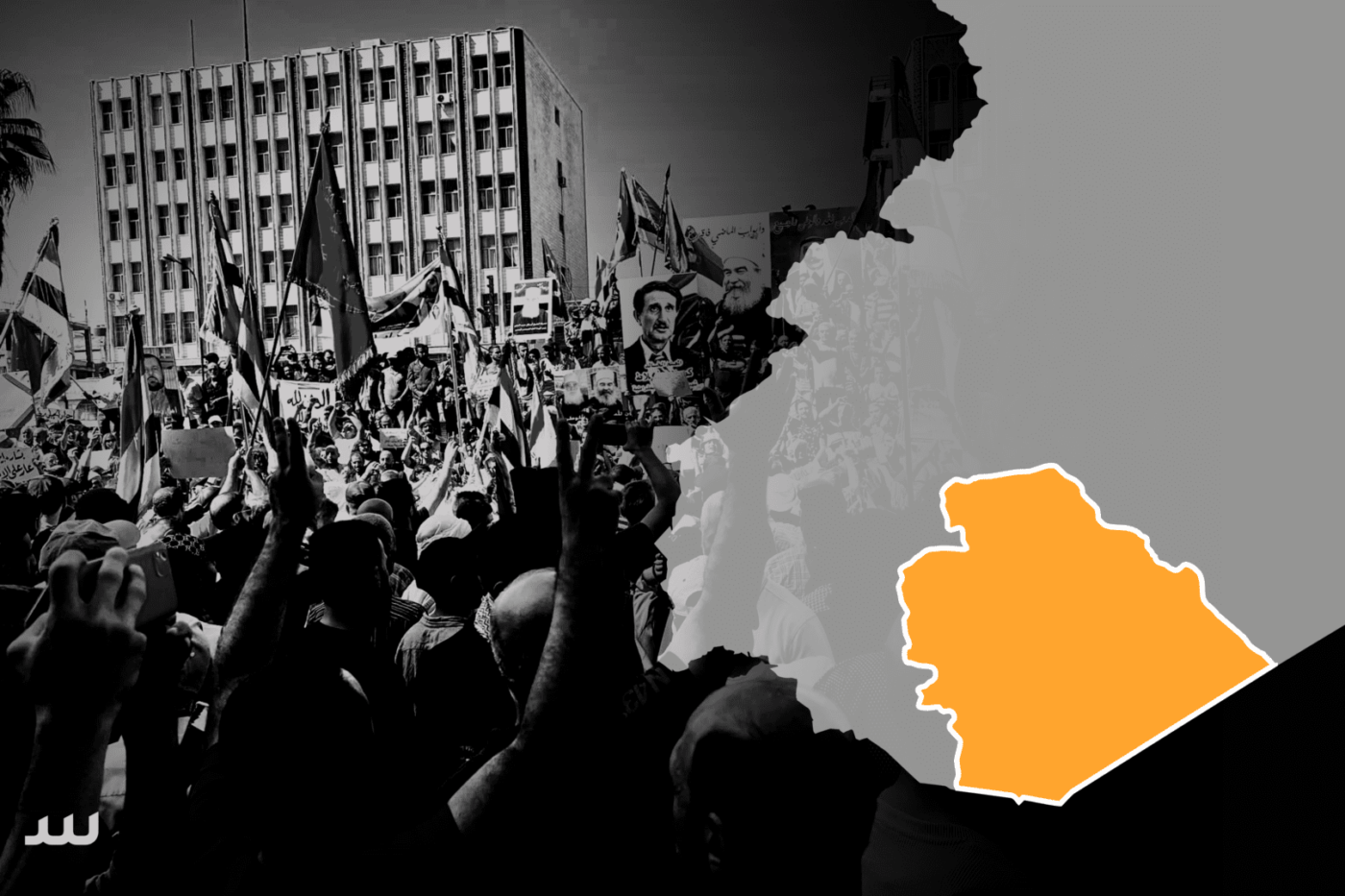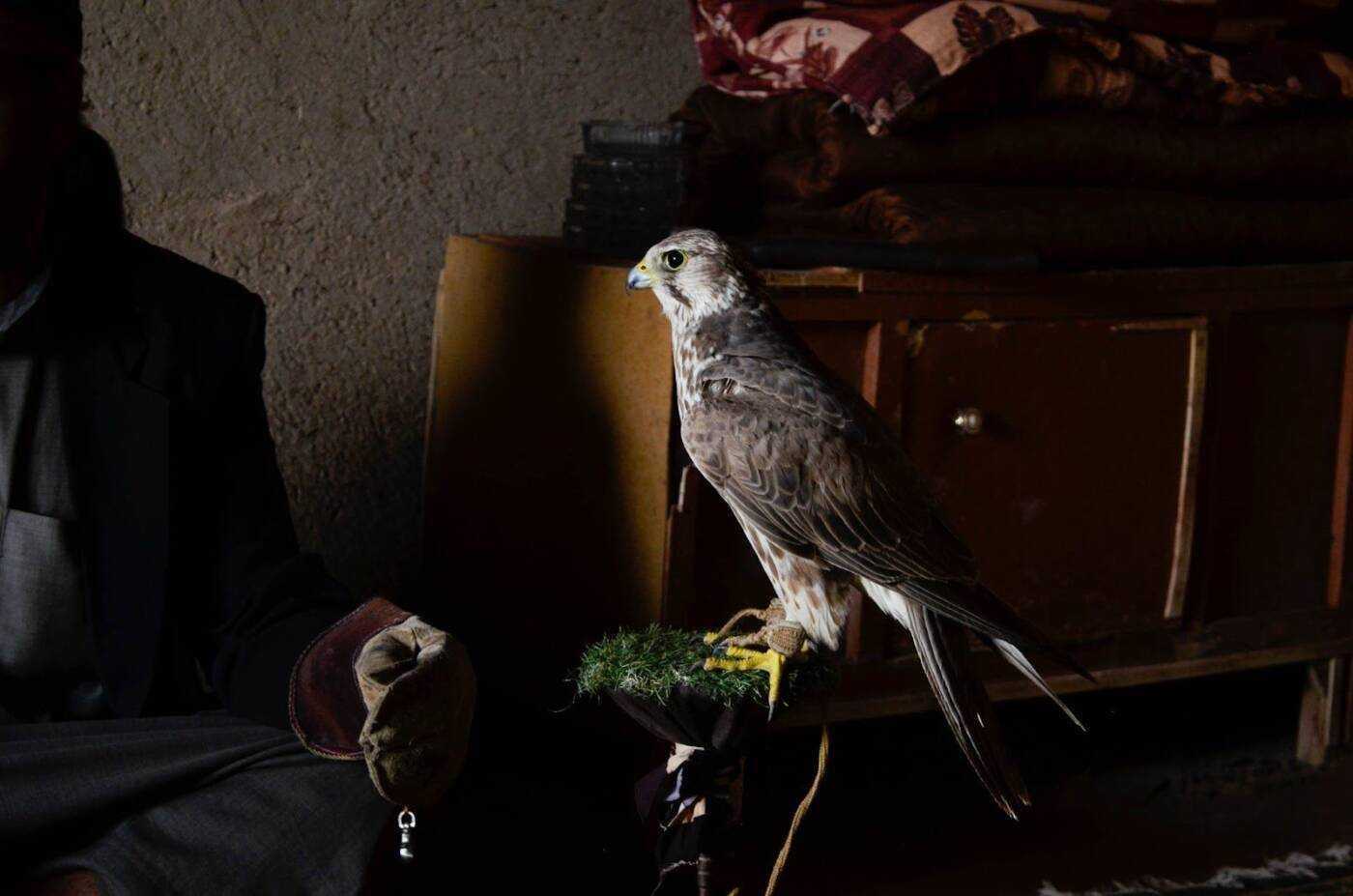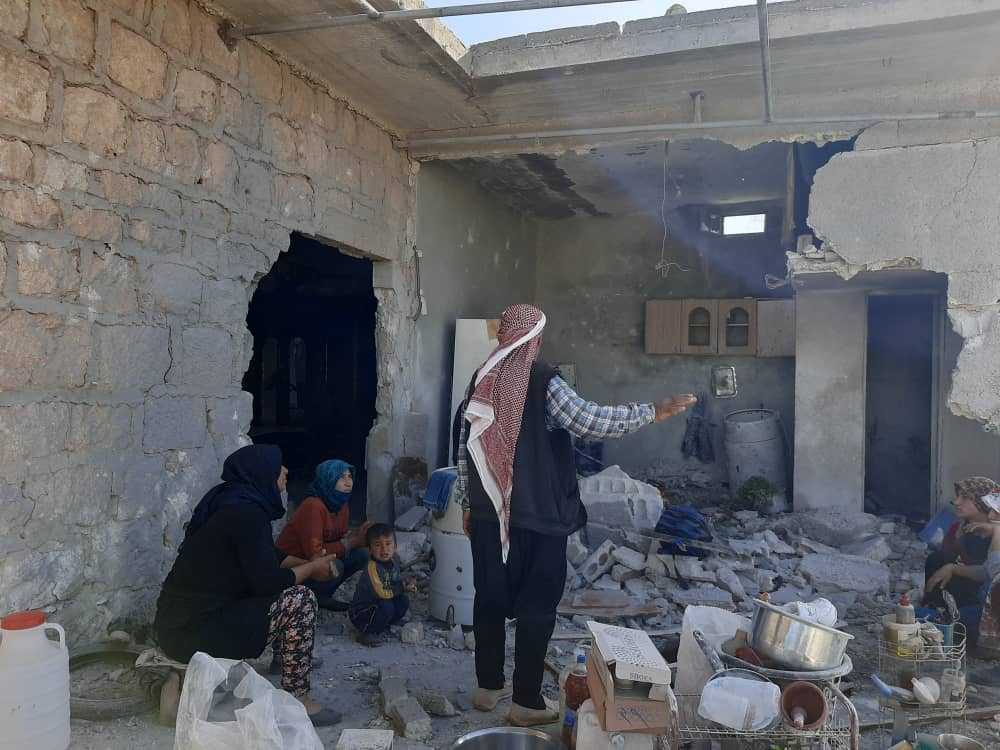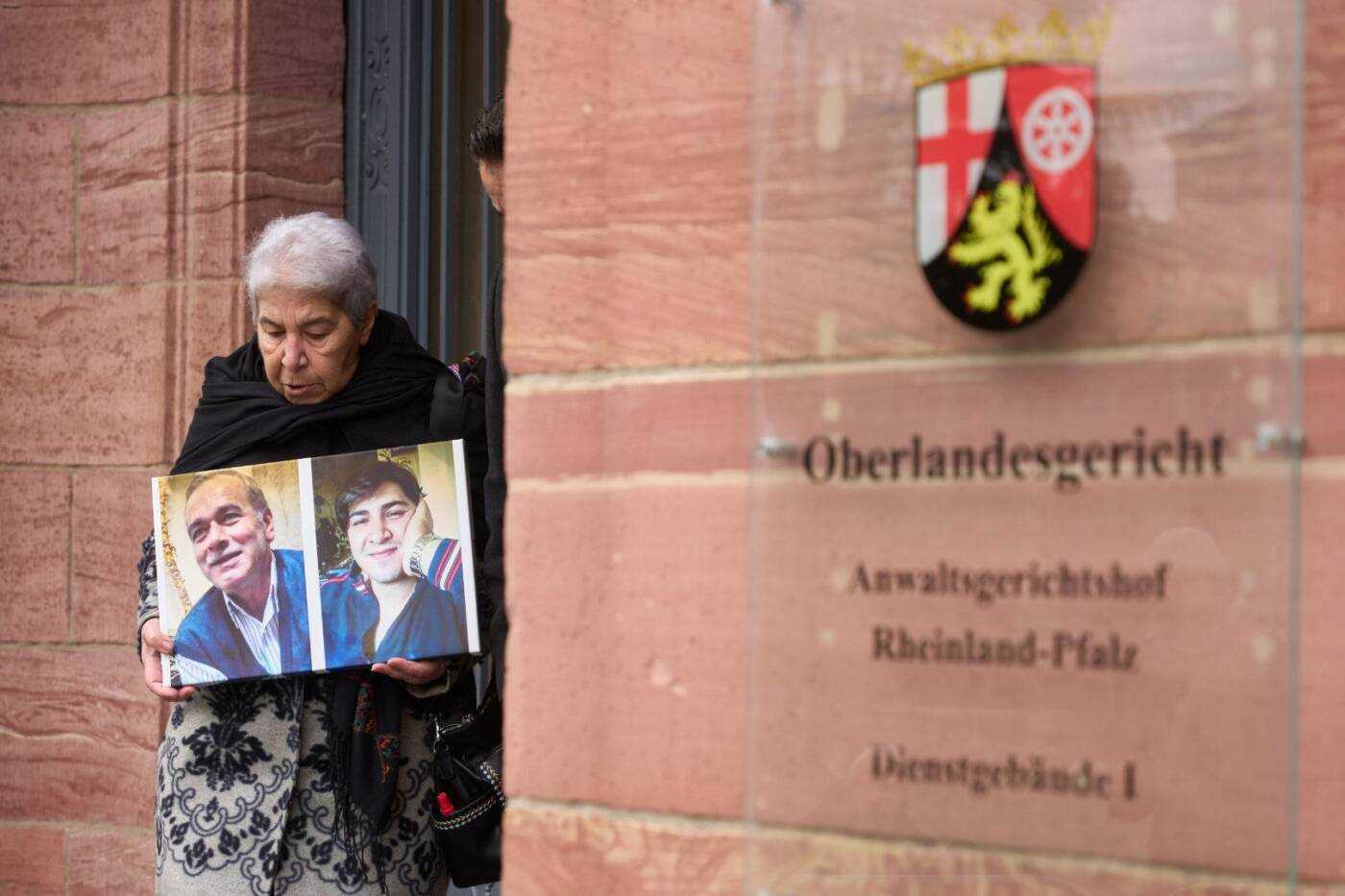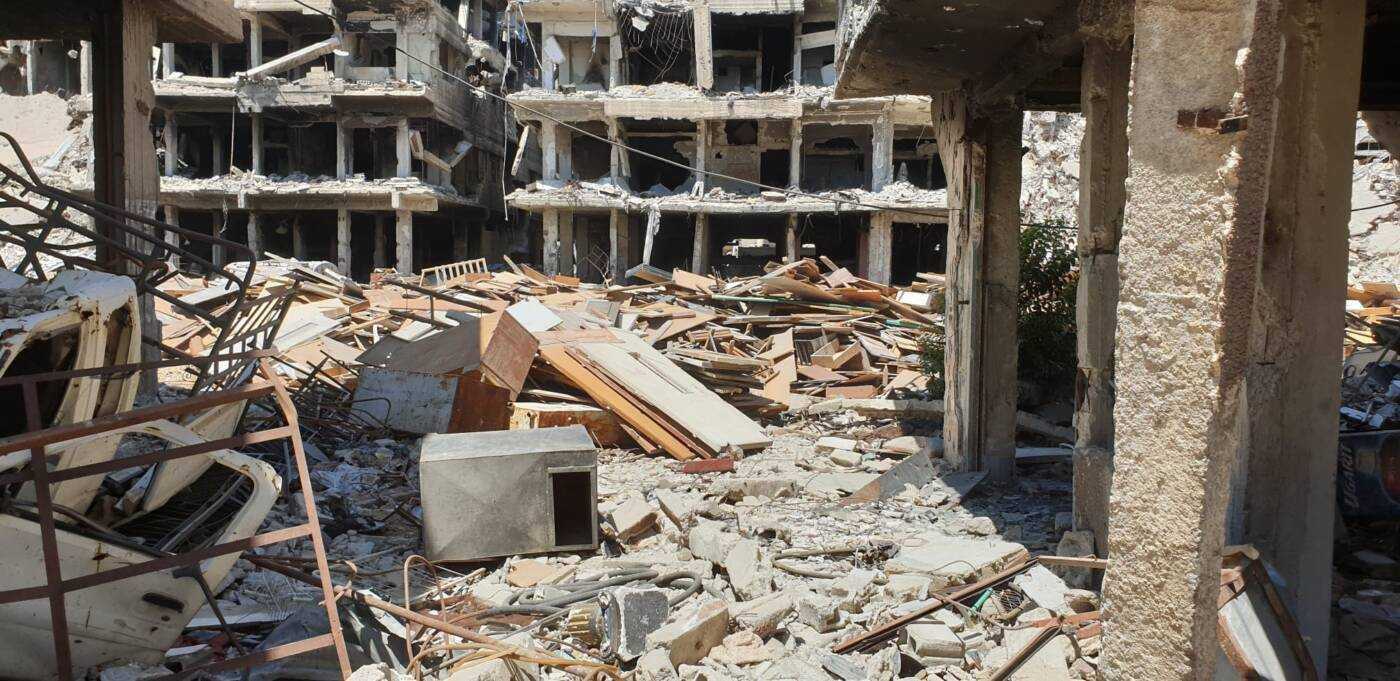Daraa residents turn to clan reconciliation over the court system
People in Syria’s southern Houran region have long turned to clan reconciliation processes to resolve thorny disputes. The practice increased after 2011, and peaked over the past three years, with residents choosing the clans over the courts with the encouragement of regime legal representatives.

